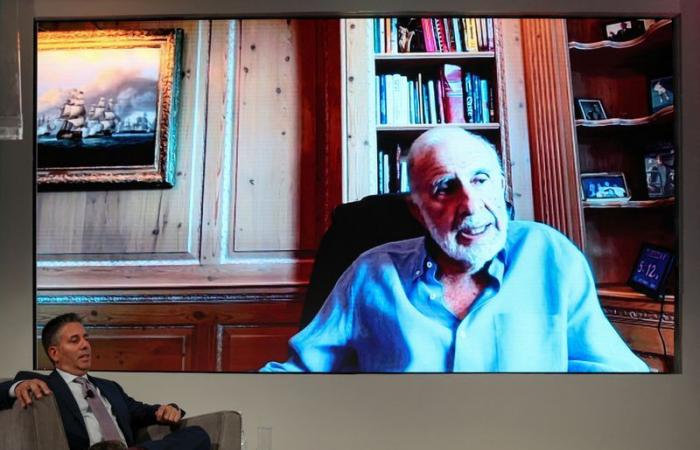In the United States, the term “raider” is applied to it. Carl Icahn, for his part, prefers to call himself an “activist shareholder”, just like Edward Lampert, Eric Knight or Guy Wyser-Pratte. Across the Atlantic, it is very popular among small carriers. At the beginning of 2007, Fortune magazine did not hesitate to say of him that if “shareholders adore him, business leaders hate him”. According to Fortune estimates, the other shareholders of the companies through which he passed would have gained, thanks to him, 50 billion dollars.
Icahn is not an anonymous speculator biding his time. He also doesn’t tend to take people by surprise. After having studied a company at length – regardless of its sector of activity – and the evolution of its stock price, he took a minority stake. And it didn’t take long for him to contact his management, which went more or less well: in business, Carl Icahn is uncompromising, and when he has an idea in mind, he intends to put it forward…
In 2007, he pushed the US pharmaceutical group Medimmune into the arms of its British competitor AstraZeneca. For a premium of… 50% compared to the last price preceding the announcement. Currently, he is pushing another “pharma”, Biogen, to find a buyer. To date, its portfolio companies are active in the capital of around twenty American companies. Via the Swedish activist fund Cevian, of which he is a shareholder, Carl Icahn recently took his first steps in Europe, with the capital of the German Munich Re – among others.
Carl Icahn has a fortune today (Forbe’s 2011 ranking) estimated at more than $12.5 billion. A success that he owes only to himself: from a modest family, he studied psychology for a while, then medicine, but it was as a broker that he began his career in the 1960s. He had to borrow to pay for his own “load” of trading on the New York Stock Exchange. There is no doubt that he paid his bills on time… At 72, he seems less determined than ever to retire. He has also just launched a blog Icahnreport.com.
View full profile
Belgium






